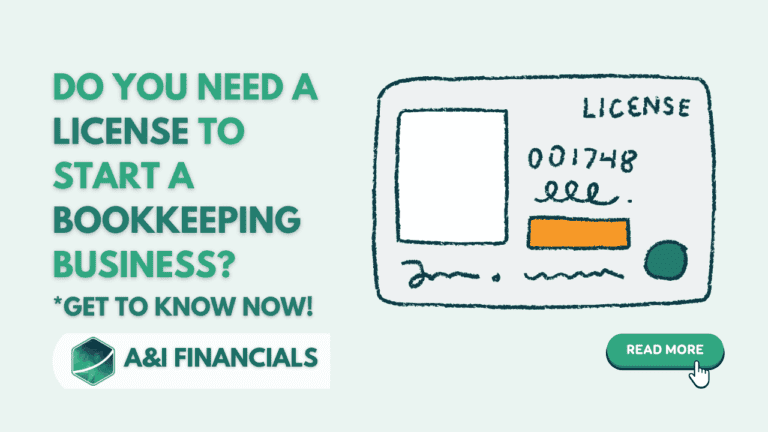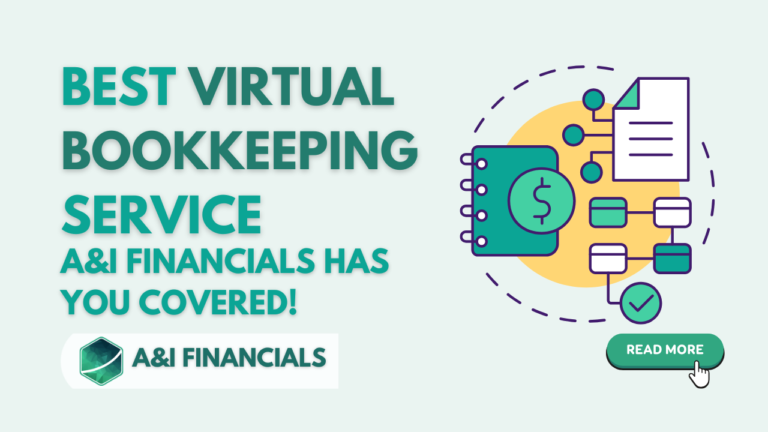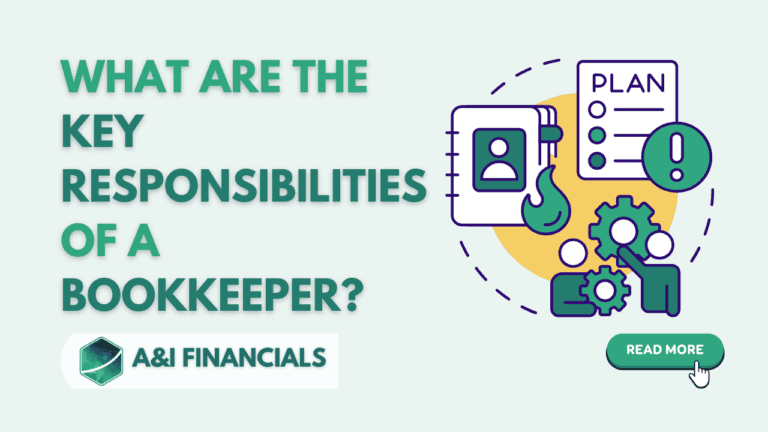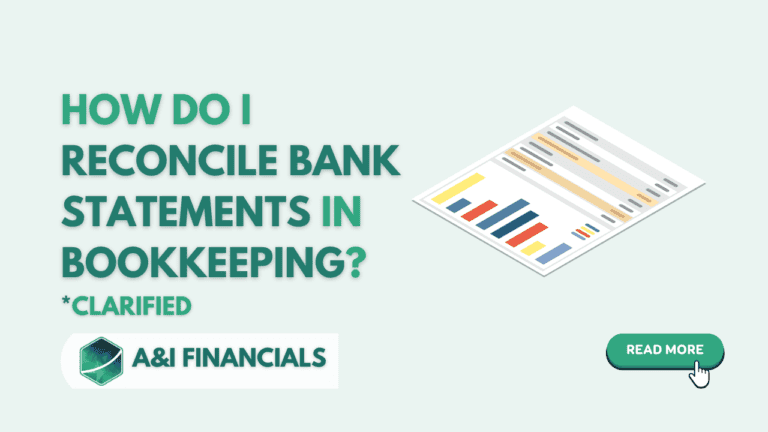Effortless Bookkeeping Tips for Small Businesses
1. Make Sure You Understand What Bookkeeping Is.
You probably already have a general idea of what you need to do when it comes to bookkeeping. However, if you don’t have a complete understanding, then it could lead to you making mistakes.
There are usually some misconceptions when it comes to bookkeeping, so you need to make sure you’re clued up. It’s all about recording and organizing your financial records. You might be discouraged when you hear bookkeeping terms like accounts receivable, but don’t be, it’s easy to get your head around it.
Basically, bookkeeping allows you to keep track of income, expenses, and invoices. This data is then used to create financial reports that are ready for CPAs to file taxes or management for review.
2. Keep Detailed Records
No matter how big or small your business is, if you’re not keeping detailed records, then you’re going to have problems making informed decisions and filing accurate tax returns. Every receipt, bill and invoice need to be correctly organized and recorded.
We know that many businesses are still relying on paper records, but we can’t stress enough how difficult this can be when doing the books. The more time you spend looking through endless amounts of paper, the less time you can dedicate to your most important business tasks.
3. Put Money Aside for Future Tax Bills and Know When They’re Approaching
The last thing you want as a small business owner is frantically having to find funds for a tax bill that you’d forgotten. It is essential to create a fully updated calendar that has all of the vital financial dates marked on it so you’re never caught off guard.
Once you know exactly when these dates are due for your bills, start to put money aside to make sure you’re ready. You’re probably already doing this but you’d be surprised at how many businesses aren’t. Without the funds to pay these bills, your small business will soon start to encounter problems and business growth will take a lot longer than you planned.
4. Open a separate Business Bank Account
If you already keep your business and personal accounts separate, then you can skip to tip number five. However, if you haven’t, we recommend changing that immediately and making sure that your personal and business finances are kept separate. When you’re searching for a specific receipt or invoice, you don’t want to have to scroll through pages of personal bills. Open a business account now and make your life a whole lot easier.
5. Keep an Eye on Your Books All Year Round
It’s easy to fall into the habit of only really paying attention to your business finances when important tax dates come around. This is bad practice and means often must react to problems, rather than proactively ensuring they don’t arise in the first place.
Set aside a little time each week to review the books and keep a note of any possible issues that could cause problems further down the line. It’s better to deal with them now than days before a crucial bill is due.
6. Go Digital
Bookkeeping is easiest when you have the right tools and resources available. We’ve already said that keeping paper records is bad practice and now is the time to go digital.
Making Tax Digital (MTD) requires small business owners to submit returns online, so to cope with the switch, we’d recommend using a software that can help.
Now that you have some useful starting points on bookkeeping, it’s time to take it up a level and start doing the books easier than ever. Just follow the suggestions below.
6.Invest in accounting software, and use it
Before you deposit your first business check or record your first expense, do yourself a big favor and set up accounting software for your business (you can even find some free options).
It’ll save you countless hours of work and rework in the long run, and all those hours translate into time you should be investing in growing your business.
Accounting software can track invoices, pay your bills, and reconcile your accounts (among other things). If you’ve ever done any (or all) of those things manually, you know how long it can take.
In addition to saving you lots of time, best accounting software is also vital to keeping accurate numbers in one place so you can easily and correctly file your taxes at the end of the year
7. Get organized
As mentioned before, organized bookkeeping not only looks better to the government but helps you keep track of the important stuff.
Separate your professional bookkeeping from personal finances: Muddling up your personal and professional finances is never the way to go. Your business books and your home financials cannot cross their streams.
Store physical hard copies of your books as well as on cloud. As this will allow you to refer to any transaction if that is needed in the future.
7. Don’t try to hide mistakes
Making mistakes is human. We all do it. If an entry is not contemporaneous because it was forgotten, however, make this clear. It will save you a lot of time and hassle.
8. Know When to Hire a bookkeeper
Hiring someone qualified for this task can ensure you never accidentally break the law, lose important documentation, or make any costly accounting errors.
The Best Bookkeeping System Software for Small Businesses?
Each business is different and as such, require different software programs to suit their bookkeeping needs. Your choice of bookkeeping software needs to tick a few boxes:
- Invoicing & Quotes
- Bank Reconciliation
- Tracking Inventory
- Mobile Accessibility
- Employee Wage Payments
- Process Purchase Orders
- Claim Expenses
- Entering Bills into The System
You would need to check how many of the above functionalities you need before subscribing to any accounting software.
Bookkeeping and finding the right software to do so can be draining. And this is one of the main reasons why “A and Financials” exists!
Get Help from us
We are here to provide You Online, Remote & Virtual bookkeeping to CFO Services for Your business at a reasonable cost. Contact with our professional team for Expert Advice & Support just from one click and make your life easy. Schedule a time to speak with us, give us a call or get a call back from us.






